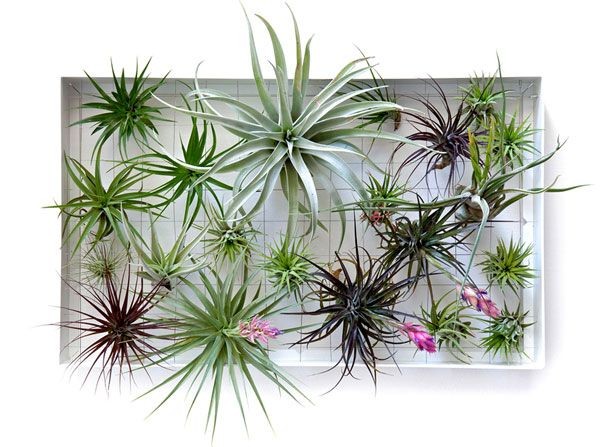Hey there! Let’s dive into drain cleaning and prevention—something we don’t often think about until a clog or a funky smell wafts from the sink. Don’t worry; grasping the fundamentals can help avoid a chaotic predicament!
Why Clean Drains?
First, why bother with drain cleaning? Our drains manage a variety of substances, from food leftovers to hair and soap residue. Gradually, these substances can accumulate, resulting in blockages and unpleasant odours. Regular cleaning keeps things flowing smoothly and prevents those dreaded blockages.
Types of Drains
Drains vary in size and design, necessitating unique cleaning approaches for each type. You’ve got kitchen sinks, bathroom sinks, showers, and toilets, each with its challenges. Knowing what type of drain you’re dealing with helps find the right solution.
Prevention is Key
They say prevention is better than cure, and it’s true for drains, too! Simple habits like using drain catchers to trap debris, avoiding dumping grease down the sink, and running hot water after each use can go a long way in keeping your drains happy.
DIY Drain Cleaning Methods
DIY drain cleaning methods can prove very efficient in addressing minor blockages. Utilizing household items like baking soda and vinegar can be particularly helpful. Just pour some baking soda down the drain, then add vinegar, allowing the mixture to fizz and break down the blockage. Then, flush with hot water. Voila, a homemade drain cleaner that’s eco-friendly too!
Tools of the Trade
Sometimes, you’ll need more than baking soda. A plunger is great for dislodging stubborn clogs in sinks and toilets, and a drain snake or auger can work wonders for hair and gunk in shower drains. These relatively inexpensive tools can save you from calling a plumber.
When to Call a Pro
Certainly, not all drain problems can be resolved through do-it-yourself methods. If you’ve tried different methods with no luck, getting help from professionals is recommended. Experienced plumbers have the skills and tools to tackle even the toughest drain clogs.
Regular Maintenance
Lastly, don’t wait for a clog to start thinking about your drains. Consistent upkeep is essential for maintaining optimal functionality. A monthly flush with hot water and periodic use of enzyme-based drain cleaners can prevent buildup and clear your drains.
When to Call a Plumber
1. Persistent Clogs
When home remedies fail to resolve the blockage permanently, it’s advisable to enlist the services of a professional plumber. They have specialized tools like hydro-jetters and drain cameras to tackle stubborn blockages.
2. Foul Odors
Persistent odours from your drains may signal underlying issues, such as a potential blockage in the sewer line or a ventilation problem. Seeking advice from a plumber can help identify and resolve these issues early on, preventing them from turning into major problems.
3. Slow Draining
When your sinks, showers, or tubs exhibit slower drainage than usual, it may indicate a more significant clog or a plumbing system issue. Consulting a plumber allows for a thorough inspection to pinpoint and address the underlying cause.
4. Water Backups
Seeing water back up into your sink or shower when using other fixtures could indicate a serious drainage issue. Calling a plumber promptly can prevent water damage and larger plumbing emergencies.
Professional Inspections
Even if everything seems fine, scheduling regular inspections with a plumber is a good idea. They can detect potential issues in their early stages and recommend proactive measures to maintain the condition of your drains and pipes.
By knowing when to call a plumber and investing in regular maintenance, you can ensure that your drains stay clear and your plumbing system runs smoothly for years to come. Happy draining, and remember, a plumber is your friend in keeping things flowing!
Conclusion: Show Your Drains Some Love
In conclusion, understanding the basics of drain cleaning and prevention can save you a lot of trouble in the long run. Implementing straightforward measures such as installing drain catchers, refraining from pouring grease down the drain, and conducting routine maintenance helps maintain optimal drainage and averts expensive repairs. Keep in mind that prevention is crucial! Adopting small practices like flushing with hot water and utilizing enzyme-based cleaners can deter buildup and eliminate unpleasant odours.
And when you encounter a stubborn clog or a plumbing issue beyond your DIY skills, don’t hesitate to call a professional plumber. A plumber is a skilled repair technician and a valuable collaborator in sustaining a robust plumbing infrastructure. They have the expertise, tools, and experience to tackle even the toughest drain problems and ensure your pipes are in top-notch condition. So, show your drains some love, and they’ll love you back with a smooth, odour-free flow! With a little care and attention, you can enjoy a hassle-free plumbing experience and peace of mind knowing that your home’s essential systems are well-maintained.
Cheers to keeping your drains clear and your plumbing system running smoothly!
Article Submitted By Community Writer




